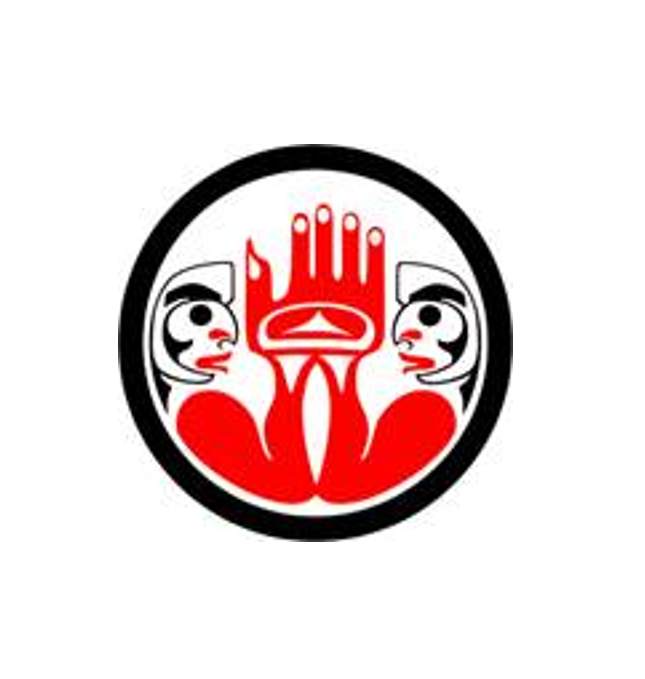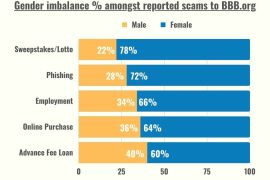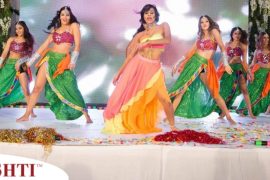September 28, 2021
One Hupacasath and Tseshaht territory – On behalf of the Nuu-chah-nulth Tribal Council we would like to recognize Canada’s first National Day for Truth and Reconciliation which is quickly approaching. We would like to honour and uplift the many survivors of the Indian residential school system, those who never made it home, and all those who are directly and indirectly impacted.
This September 30th is even more significant because of all the children who were recently found in unmarked graves and never made it home. It is a day to honour these lives lost and find every mechanism possible to address the injustices these young souls suffered. This is a day to remember beautiful children who never had the opportunity for a full life.
Many ceremonies, walks, and celebrations have been planned across Nuu-chah-nulth territory and beyond to mark this day, a call to action from the Truth and Reconciliation Commission final report. Though it took Canada well over 5 years to respond to this call to action from the TRC, we are encouraged to see it finally being implemented. We challenge Canada and B.C to commit to taking direct action on the remaining calls to action and to do so immediately.
Every corner of Nuu-chah-nulth has been impacted by the Indian residential school system which was funded by the Canadian government and administered by various churches. Simply referring to these institutions, whose sole mandate was to ‘rid the Indian of the child’, as “schools” does not sit well with us. The creation, funding, and administering of these institutions was a direct act of genocide by Canada and the many churches involved. It is important to acknowledge these institutions for what they were. No school should ever have a graveyard. We demand better from Canada and B.C moving forward and ask all non-Indigenous people across Canada to take time on September 30th, and every day, to open your hearts and minds to the true stories of all those impacted by these institutions built to commit genocide, to share that truth, and to make a commitment to ensure this horrific history never repeats itself.
President Judith Sayers expresses “Orange shirt day was begun on September 20, 2013 as a way of recognizing the multi-generational negative impacts of residential school on First Nations 2 people that live within Canada. It has evolved into the day for National Truth and Reconciliation. Every person who lives within Canada must learn and know the truths of the appalling impacts of residential schools and commit themselves to making this world a better place for indigenous people. Let’s make this a meaningful day for all as it is our responsibility to make it so.”
Vice-president Mariah Charleson adds that “I would like to challenge every citizen of this country to make space for learning the true history of Canada, read the TRC final report and read the stories that come directly from survivors. We can’t move forward without first knowing the truth.”
Cloy-e-iis, Judith Sayers, President, Nuu-chah-nulth Tribal Council
P: 250.724.5757 ext. 231 or 250-720-5621
E: judith.sayers@nuuchahnulth.org
Łučinƛcuta, Mariah Charleson, Vice President, Nuu-chah-nulth Tribal Council
P: 250-731-7218
E: Mariah.charleson@nuuchahnulth.org
About Nuu-chah-nulth Tribal Council
The Nuu-chah-nulth Tribal Council (NTC) provides programs and services to over 10,000 registered members. The role of the NTC is to represent 14 First Nations in three regions stretching 300 kilometers of the Pacific Coast of Vancouver Island from Brooks Peninsula in the north to Point-no-Point in the south. The NTC represents Ahousaht, Ditidaht, Ehattesaht/Chinehkint, Hesquiaht, Hupacasath, Huu-ayaht, Kyuquot/Checklesaht, Mowachaht /Muchalaht, Nuchatlaht, Tla-o-qui-aht, Toquaht, Tseshaht, Uchucklesaht and Ucluelet First Nations and provides a variety of programs and services to them.





